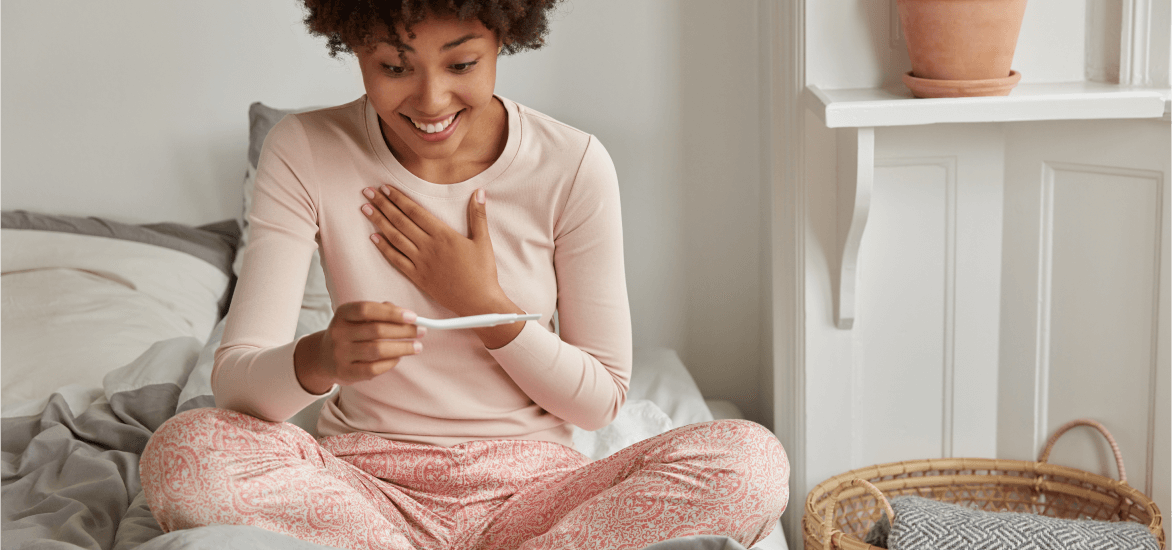
Infertility in your 30s can be a common concern for many people. While fertility can sometimes naturally decline with age, it’s still very possible to become pregnant during your 30’s. Below are several things you can do to increase your fertility if you are trying to conceive.
8 Ways To Boost Fertility In Your 30’s
1. Eat a Balanced Diet
2. Maintain a Healthy Weight
3. Manage Stress
4. Limit Alcohol Intake

5. Exercise Regularly
6. Sleep
7. Monitor Your Menstrual Cycles
8. Speak with a Functional and Holistic Fertility Specialist
It’s a natural approach to reproductive medicine that has been found to be very effective for infertility. It also is much more affordable than IVF and gets to the root of the infertility issue to help you achieve optimal reproductive health.
Are There Any Medical Conditions That Can Affect Fertility in My 30s?
- Blood sugar instability
- Polycystic Ovary Syndrome (PCOS)
- Endometriosis
- Chronic inflammation
- Digestive issues / Gut infections
- Dryness of the vaginal area
- Chronic illness
- Chronic fatigue
- Adrenal Fatigue / Cortisol imbalance
- Irregular menstrual cycle
- Absence of ovulation
- Insulin resistance
- Undiagnosed thyroid dysfunction
- Insomnia
- Pelvic infection
- Pelvic inflammatory disease
- Various lifestyle factors
- Stress
- Low sperm count
- Hormone imbalance
Do I Need Fertility Treatment?
The body needs to be healthy and have any issues identified and treated before it can be ready to conceive. Therefore, if you have an underlying health condition and you try IVF, it’s potentially unlikely it will work since you would first need to treat the root issue.
When Should I See a Fertility Specialist?
Functional Infertility Treatment in Your 30’s with Road to Fertility
The goal of Dr. Yuabova Marina, DNP, APRN, Holistic Specialist, is to find and address the root cause of the problem. With innovative diagnostic methods, and the correct testing, Dr. Yuabova Marina, DNP, APRN, Holistic Specialist, can customize a fertility treatment plan based on your body’s specific needs.
After the cause of the issue is determined, medical evidence will be collected in the form of a complete blood panel, and treatment can begin.